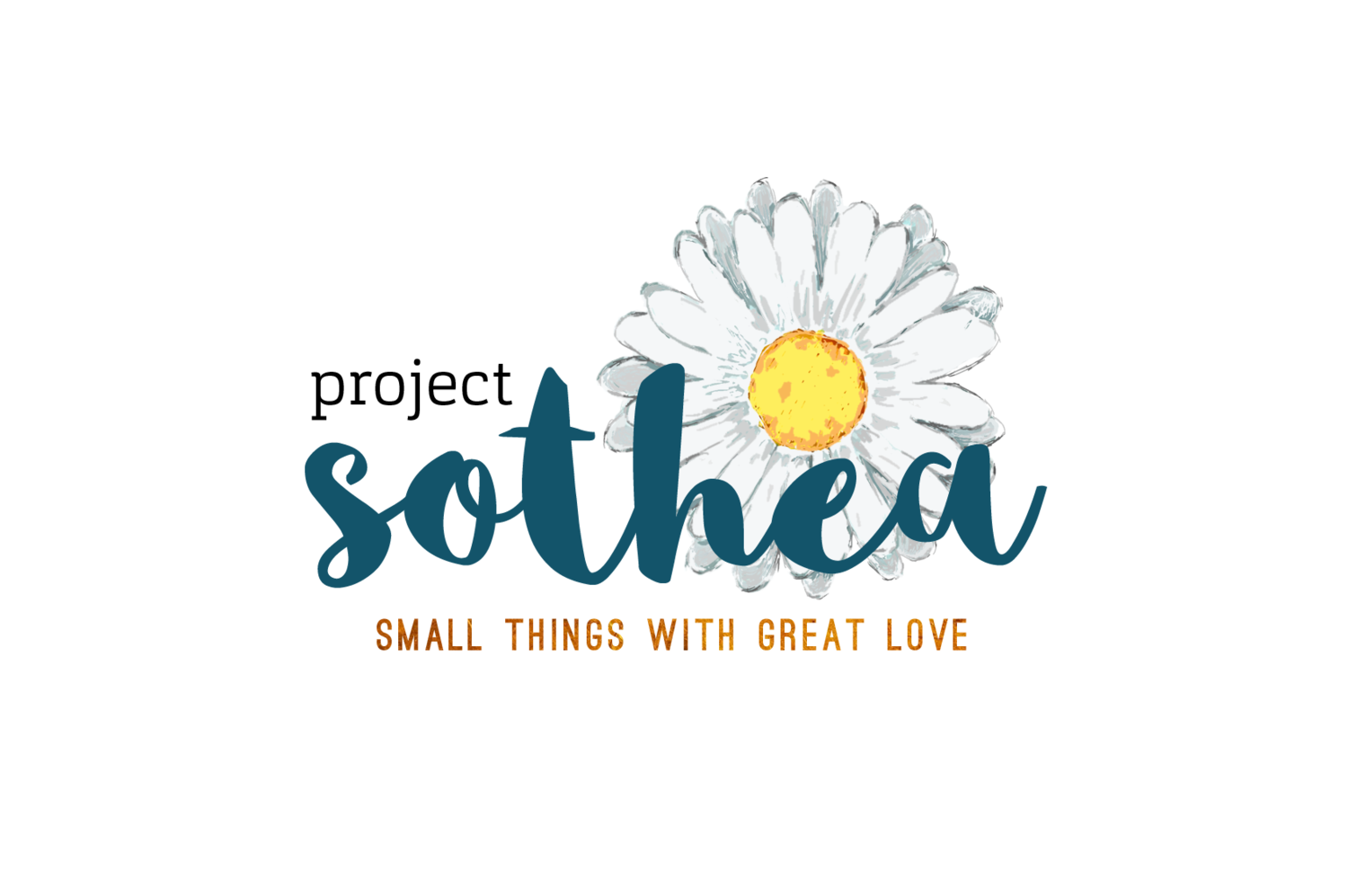Reflections
Chen Wei
Small things with great love. I never quite understood what that meant until I completed my first ever OCIP trip with Project Sothea. We spent many sleepless nights formulating proposals for fundraisers, working out the flow for health screening, and creating new materials for health education etc. One week before the trip, all the Year 1s were extremely excited to witness our plans come into fruition. We were determined to make a difference.
Our trip started off with an eight-hour long bus ride from Phnom Penh to Battambang. For many of us, this offered great insight into the situation in Cambodia, allowing us to observe the living conditions in the villages as we drove past them. There we were, in the comforts of our air-conditioned buses, staring at the poorly-constructed homes littering both sides of the unpaved route our bus was driving on. This sight further ignited my passion and commitment to the project: I truly wish to leave a tangible impact on the lives of the Cambodian people.
During our health screenings, there were many unexpected improvisations to be made but we successfully overcame the challenges which arose. To me, the highlight of our trip was our interaction with the villagers. There was a sizable turn out and consequently, the waiting times were much longer than expected. Despite this, the villagers were extremely friendly and amiable, waiting patiently for their turns. Resultantly, I realised that the biggest takeaway from OCIPs should not be the statistical data showcasing the number of patients we screened, but the knowledge that we did our utmost best for each and every Cambodian villager who crossed our paths.
However, it would be deceitful to claim that our trip went flawlessly and our action plans impeccable. I realised that as a student-led OCIP, we were limited in many ways. The most indisputable of which is funding - we could not refer some of the patients to better healthcare facilities as we simply did not have sufficient budget. Resultantly, we had to make a conscious effort to decide which patients to refer. For instance, we referred a patient with cataract for surgery. Due to the expeditious nature of the eye surgery done on her, she was cured within two days. This however meant that we could not help but turn away patients with more chronic conditions such as suspected cancer and hyperthyroidism. Even if we did refer them, it was a challenge to sponsor the full course of their treatment plan. For many of my M1 peers, we were caught off guard by this crude reality.
OCIPs have always been a topic of controversy. Many think that OCIPs are but a form of voluntourism, while others would beg to differ. I believe that the ability to ensure long-term sustainability is the hallmark of a great OCIP, but it is also one of the greatest struggles of such projects. Through this trip, I have been sincerely moved by the gratitude of the Cambodian people we served. Even though there are situations whereby we are of little to no help, we did our best to serve the community with utmost sincerity.
As we endeavour to increase the scale and outreach of our efforts, “Small things with great love” continues to remind us that however minute the impact of our present actions, what matters most is the attitude we have. The patients we cross paths with in Cambodia are more than numbers on a report; they are living, breathing souls whom we can leave a big impact on just by showing simple acts of love. Playing with the beautiful children, distributing bananas to waiting grandmothers - I believe that what matters most at the end of the day is that we continue to be guided by our desire to serve and to give our best in all we do.

